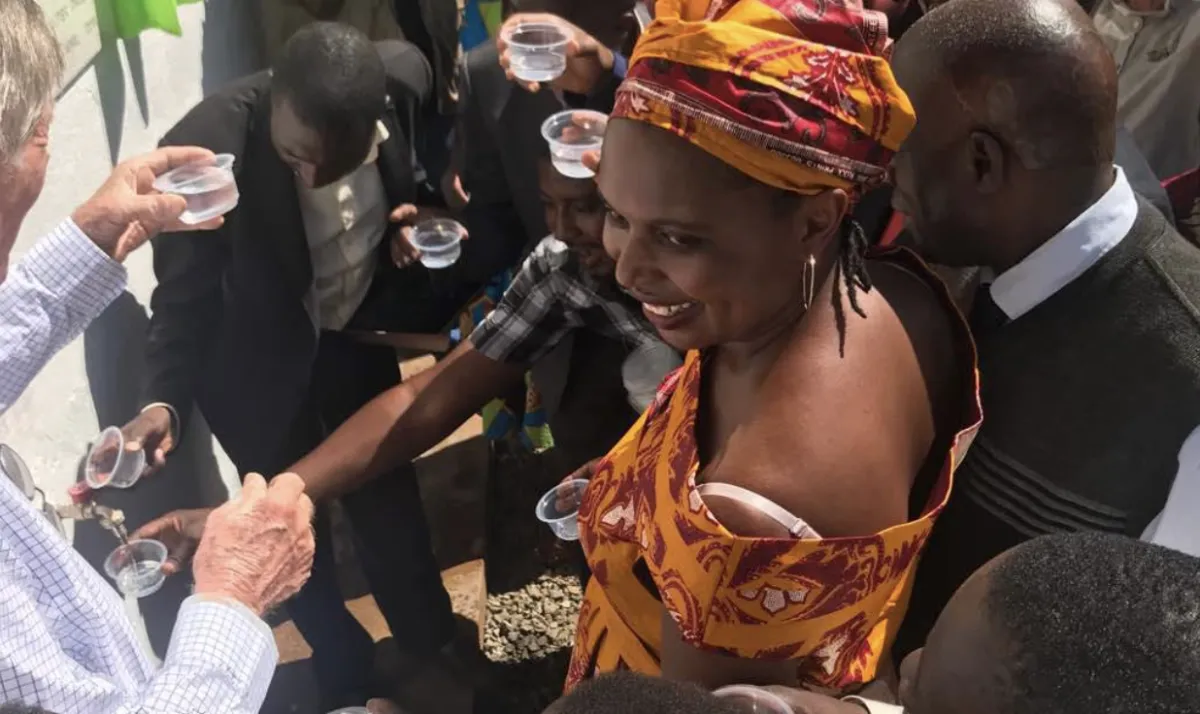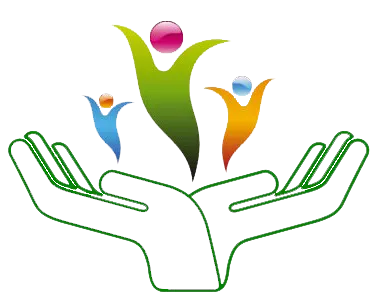See Our Latest Blogs

Piglets, Prosperity, and Purpose: The Story Behind the Pigs Plan
In the rural corners of East Africa's Pearl, Uganda, echoes a story of resilience, compassion, and transformation. The tale revolves around piglets, but it's not merely about farming. It's a vivid tapestry of empowerment, economic change, and hope, intricately woven by the Marita Foundation's Pigs Plan. The narrative takes us to the heart of rural Uganda, where the vast majority survives on less than $1 per day and where women, the backbone of their communities, tirelessly work to meet their families' needs.
The Backdrop: Uganda's Rural Reality Uganda, with its picturesque landscapes and rich culture, spans an area of 93,136 sq.mi, and is home to over 43 million souls. Over 80% of its residents live in the rural territories, heavily dependent on subsistence farming. However, beneath this pastoral picture lies a harder reality. Many families, including those led by women, grapple with poverty daily, struggling to provide basic essentials like food, education, medical care, and clothing.
These women, the quiet heroes of their households, cultivate fields using age-old methods. Their days are marked by back-breaking labor, as they sow and harvest crops, manage their homes, and care for their children. For many, the family structure is complex, with households often comprising multiple children from different mothers, all under the watchful care of the official wife. Empowering these women became the core mission of Neust Aheisibwe and the Marita Foundation.
Driven by Compassion and Expertise: Meet Neust Aheisibwe, Founder and CEO Neust Aheisibwe, the vision behind Marita Foundation, is a beacon of hope and compassion. Marita Foundation, an offshoot of Marita Travel & Tours Ltd., exists with a clear purpose – to uplift the underserved communities of Uganda. Their blueprint encompasses healthcare access, disease prevention, and, crucially, economic empowerment.
Neust recognized that the path to sustainable change lay not just in providing resources but in building systems that would uplift the community in the long run. A significant portion of Marita Travel & Tours' profits gets channeled towards the foundation's endeavors, ensuring consistent support to transform rural Ugandan lives.
Their efforts prioritize the most vulnerable – women, children, orphans, the elderly, and widows. Through strategic alliances with the Ugandan government, global donors, and local volunteers, Marita Foundation aims to create a ripple effect of improved health and economic conditions.
Beyond health, the foundation identified access to clean drinking water as a pivotal area of intervention. Recognizing the debilitating effects of waterborne diseases, they embarked on a mission to install water purification systems in schools and health centers and intensify public health education.
The Birth of the Pigs Plan While the foundation's work spanned multiple areas, it was a conversation with the women of rural Uganda that birthed the Pigs Plan. Originally, the Marita Foundation initiated a goat project in 2017, providing organized women groups with goats as an income source. The goat project witnessed tangible results, directly benefiting over 172 women.
However, there was a challenge. Goats, by nature, multiplied slowly. As the foundation aimed to touch more lives, it sought a more scalable solution. In 2021, the women, demonstrating their innate wisdom and understanding of their environment, proposed a shift to piglet farming. Their argument was compelling – piglets were economical, multiplied faster, and were easy to sustain on locally available food sources like banana and potato peels.
Why the focus on organized women's groups? Simply put, structure and accountability. These groups, bound by community ties, ensured the equitable distribution of resources and even pooled funds for veterinary services.
Piglets: The Game-Changer for Rural Uganda Pig rearing offered several advantages:
Rapid growth: Piglets grow from a mere 1.5kg at birth to a substantial 90kg in just 170 days.
Efficient land use: Even with limited land holdings, families could raise pigs successfully.
Economic benefits: Pigs, with their rapid reproduction rate, ensured a steady source of income for families.
Environmental advantages: Pig manure enriched the soil, promoting better crop yields.
The Pigs Plan became more than just an economic project; it was a beacon of hope, illuminating a brighter future for Ugandan women. It represented a vision where empowered women led their families to prosperity, ensuring education for their children and a better quality of life for all.
Conclusion: The Road Ahead The Marita Foundation's Pigs Plan exemplifies how holistic interventions, driven by local insights and needs, can drive transformative change. By empowering women, ensuring access to clean water, and promoting health, the foundation is not just touching individual lives but reshaping the destiny of communities.
As Uganda's rural women nurture their piglets, they are also fostering dreams of a brighter future for their children and their land. The Pigs Plan is not just about piglets; it's about prosperity, empowerment, and hope for Uganda's future.
